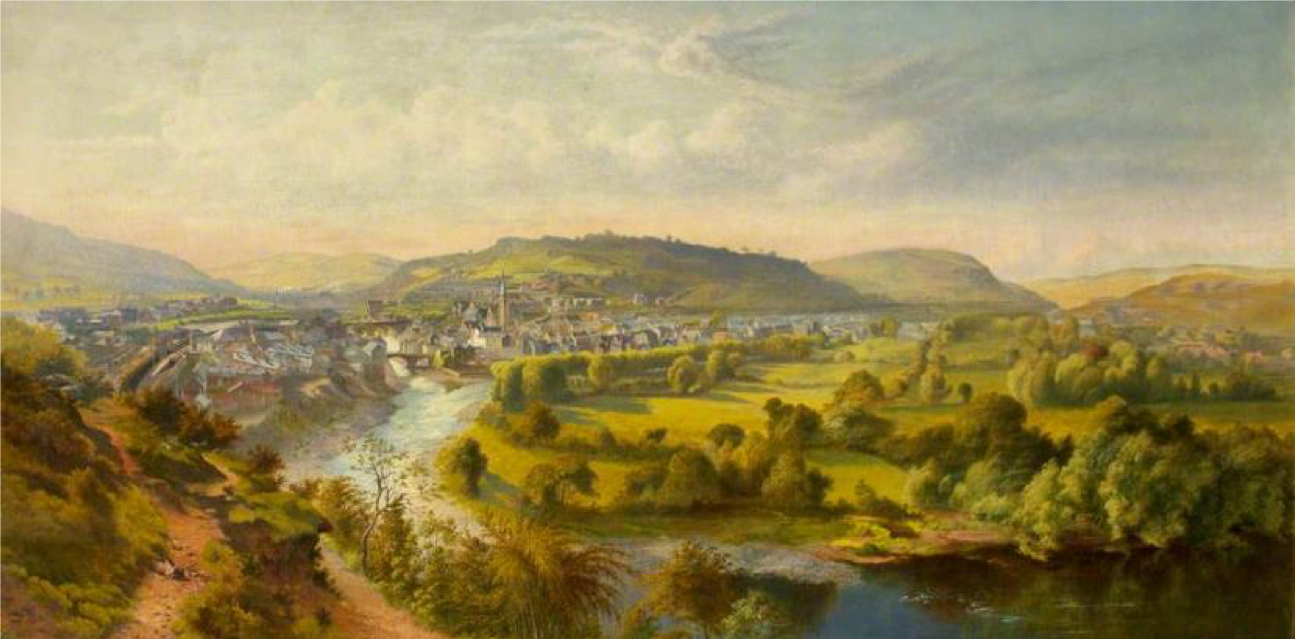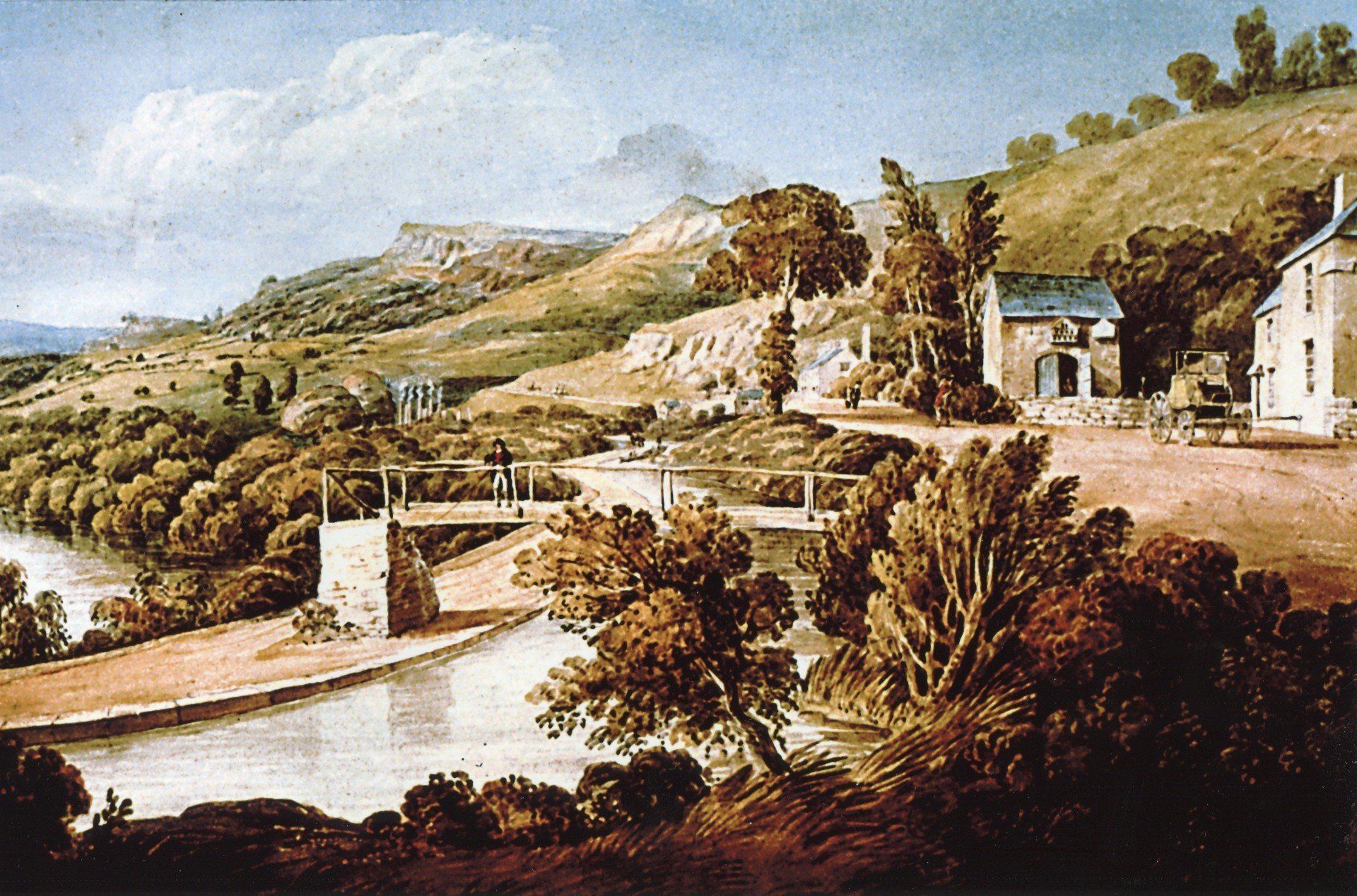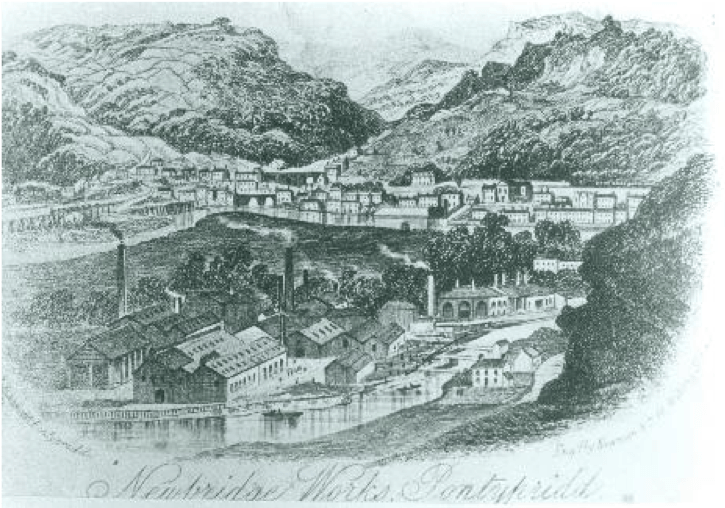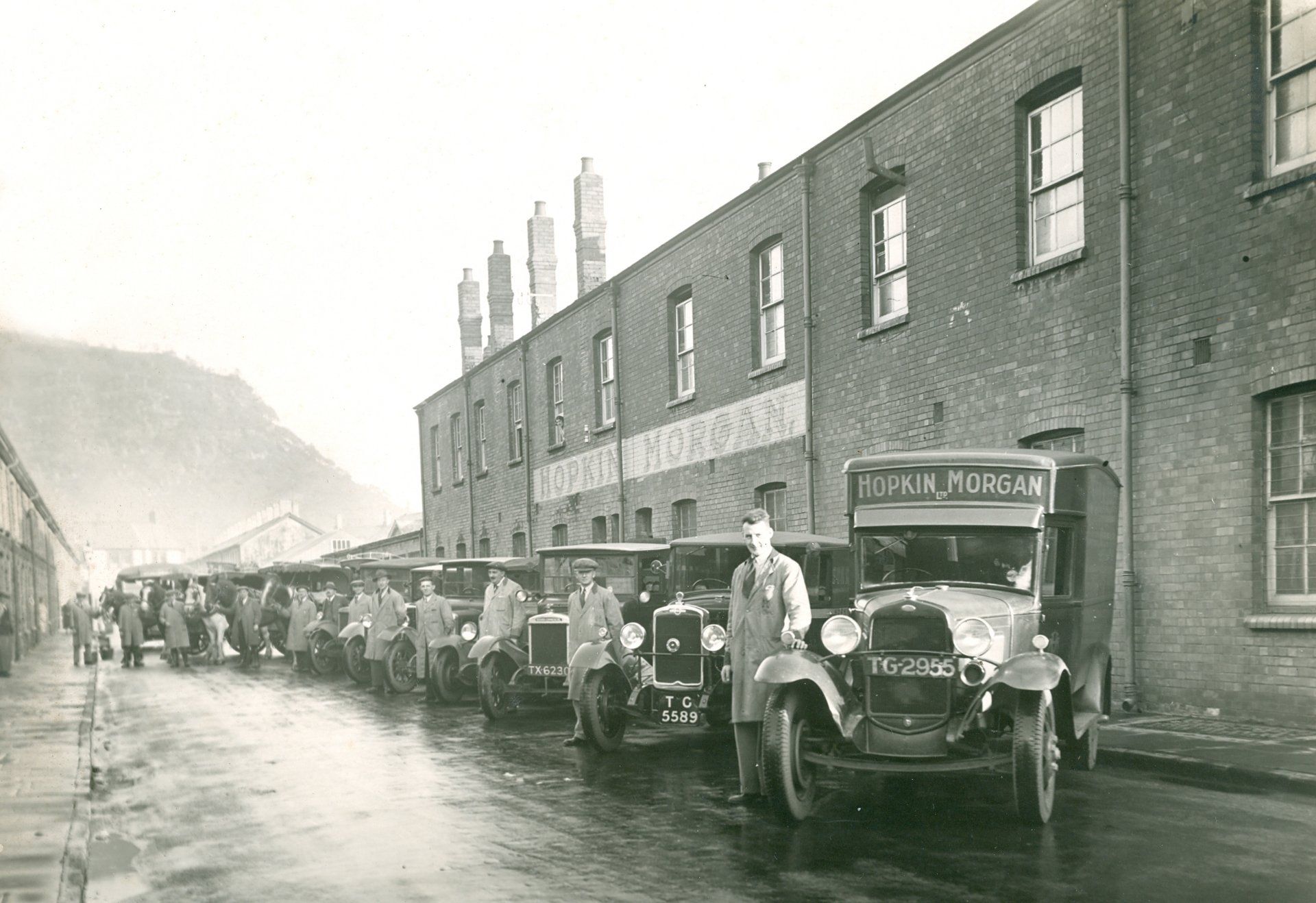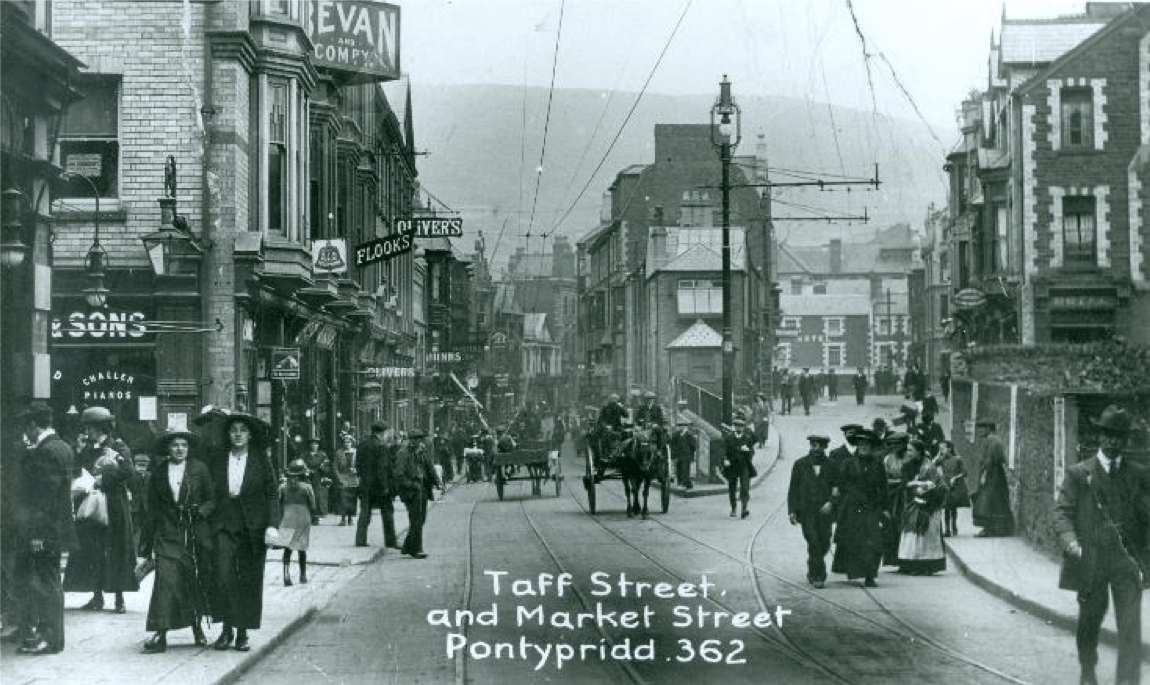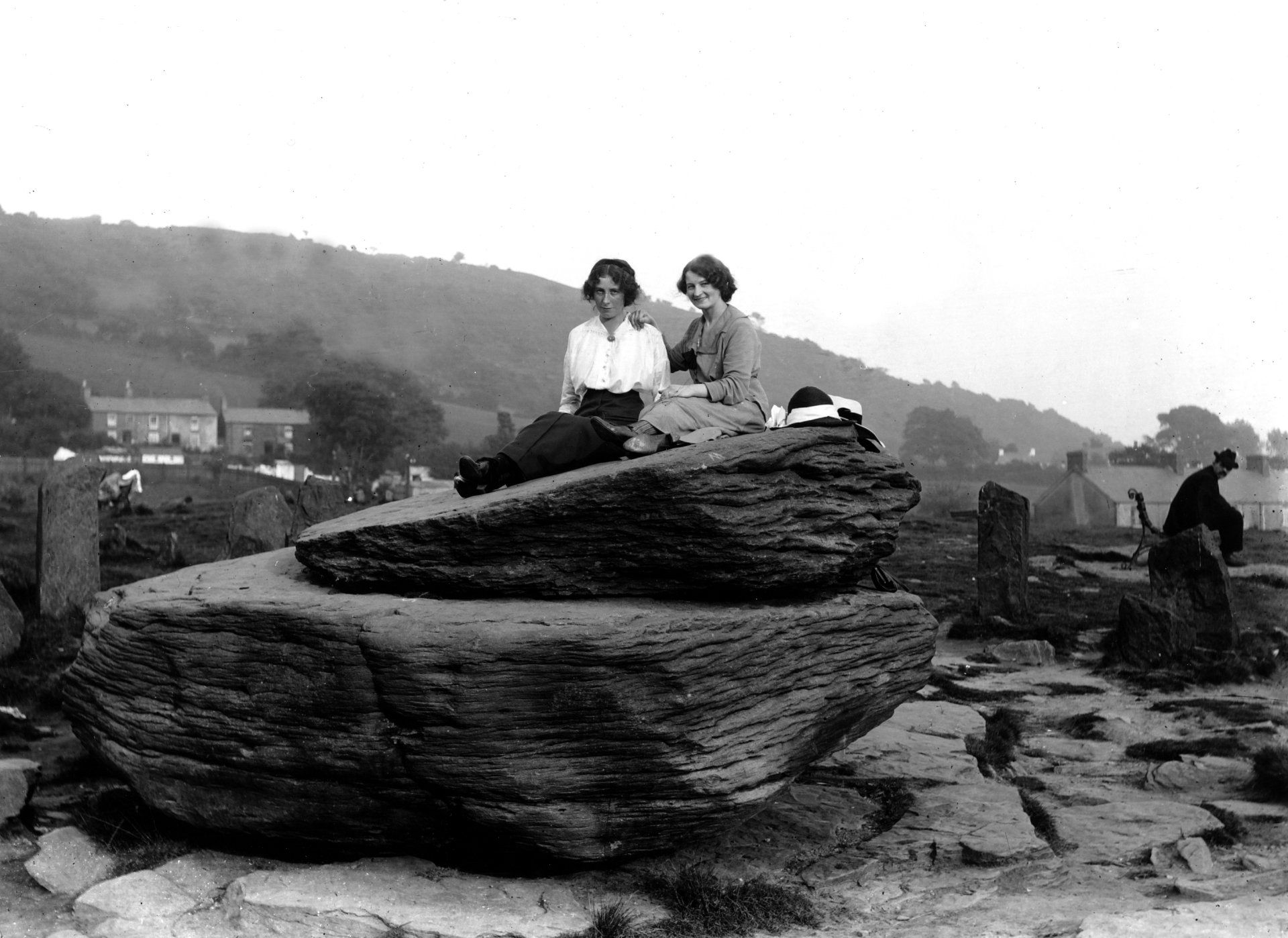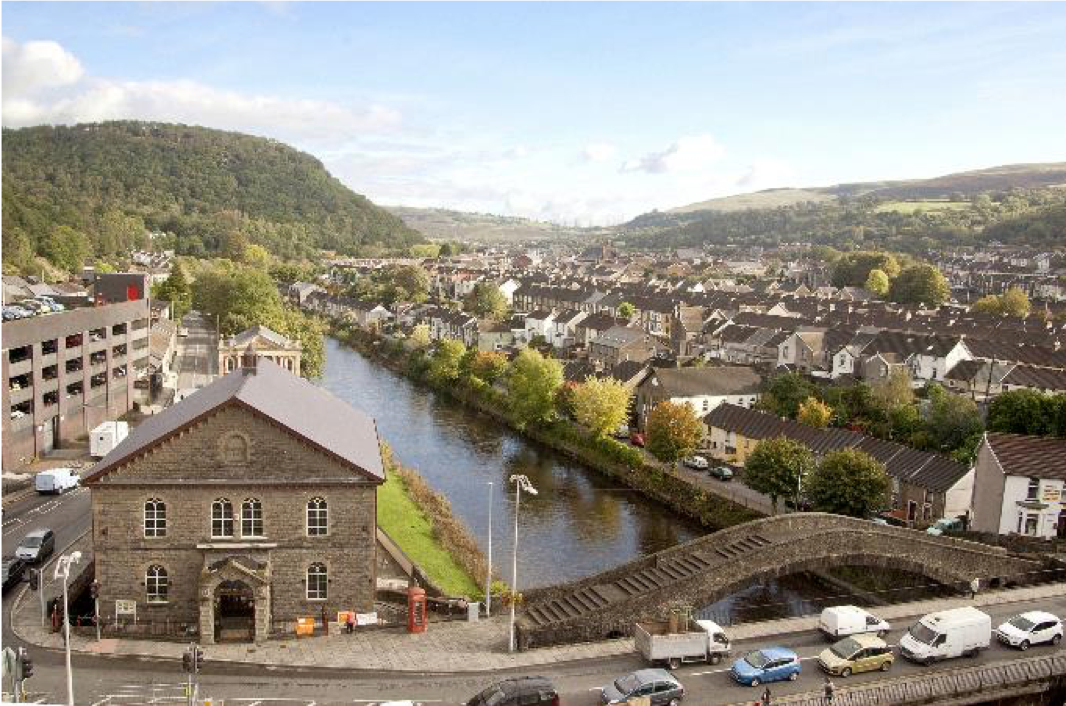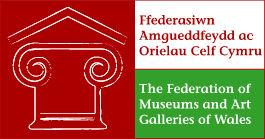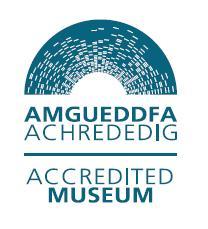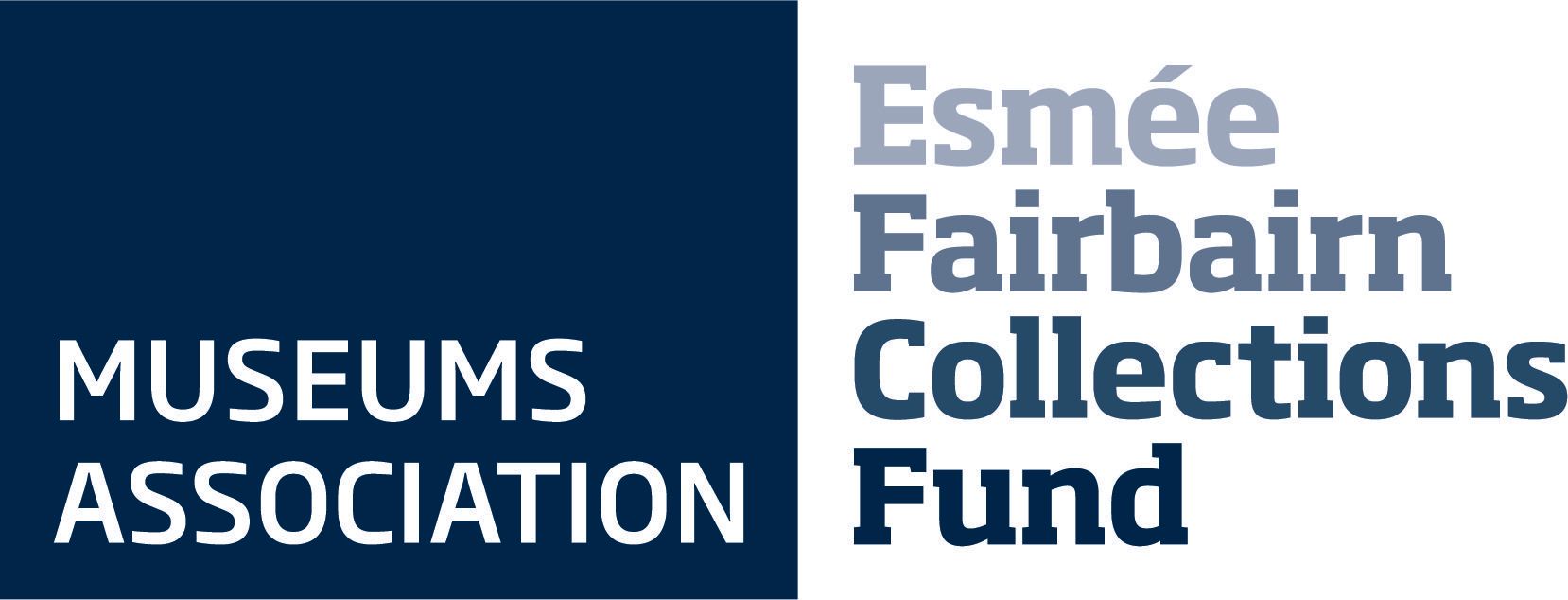HISTORY OF PONTYPRIDD
Before, this the area was still rural, and farming was the way of life for most of the widely scattered local population. Pontypridd’s most famous landmark, the ‘Old Bridge’, dates from this time.
Built in 1756 by self-taught stone mason and local minister, William Edwards, it was the longest single-span bridge in Europe, and remained so for 80 years afterwards.
Until 1856, the growing town was known as Newbridge, referencing Edward’s construction, but the local postmaster, Charles Bassett, exasperated at constantly receiving mail destined for Newbridge in Monmouthshire, lobbied successfully to change the name back to an earlier Welsh incarnation – Pontypridd.
From about this point, and for a century afterwards, the life of Pontypridd and its surrounding valleys was dominated by the local coal industry, which turned Pontypridd into a bustling, vibrant melting-pot of people from other parts of Wales, England, Ireland and further afield.
In 1820 Pontypridd had been a Welsh-speaking village; by 1900 it was a large, mainly English-speaking, town.
Individuals from the town such as Evan Davies, who created the stone circle on Pontypridd Common, Dr. William Price (pioneer of cremation in Britain), and Evan and James James (composers of the Welsh national anthem, ‘Hen Wlad Fy Nhadau’), reacted against this linguistic and cultural shift by creating a 19th century neo-druidic movement which looked back to, and promoted, a Welsh cultural golden age.
Almost all material evidence of the heyday of coal mining in Pontypridd has gone. The scars of industrialisation have healed and the hillsides are green once more, but the transition to a post-industrial economy was a painful process. The local population now looks to a much wider range of jobs for employment and has to travel further afield for work.
The legacy of this short but eventful history is that Pontypridd occupies the interesting position of a market town serving its hinterland of former industrial villages, and a community within which there is a shifting cultural balance.




